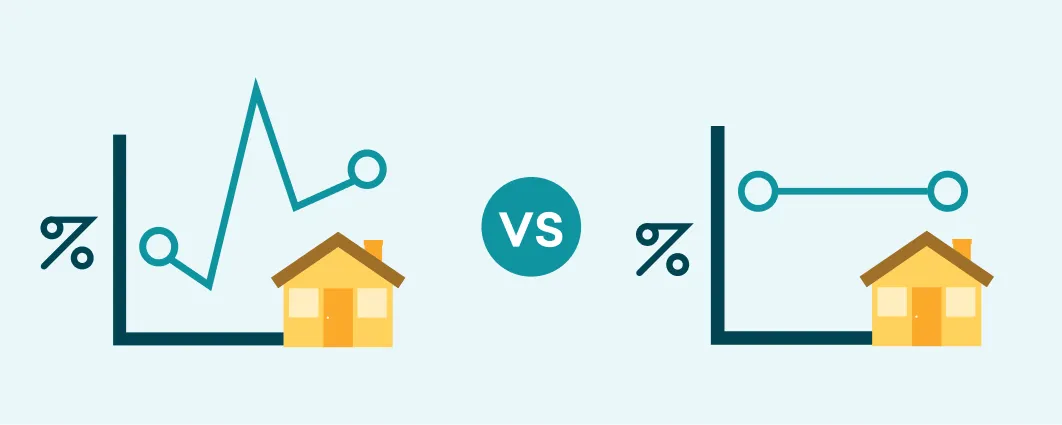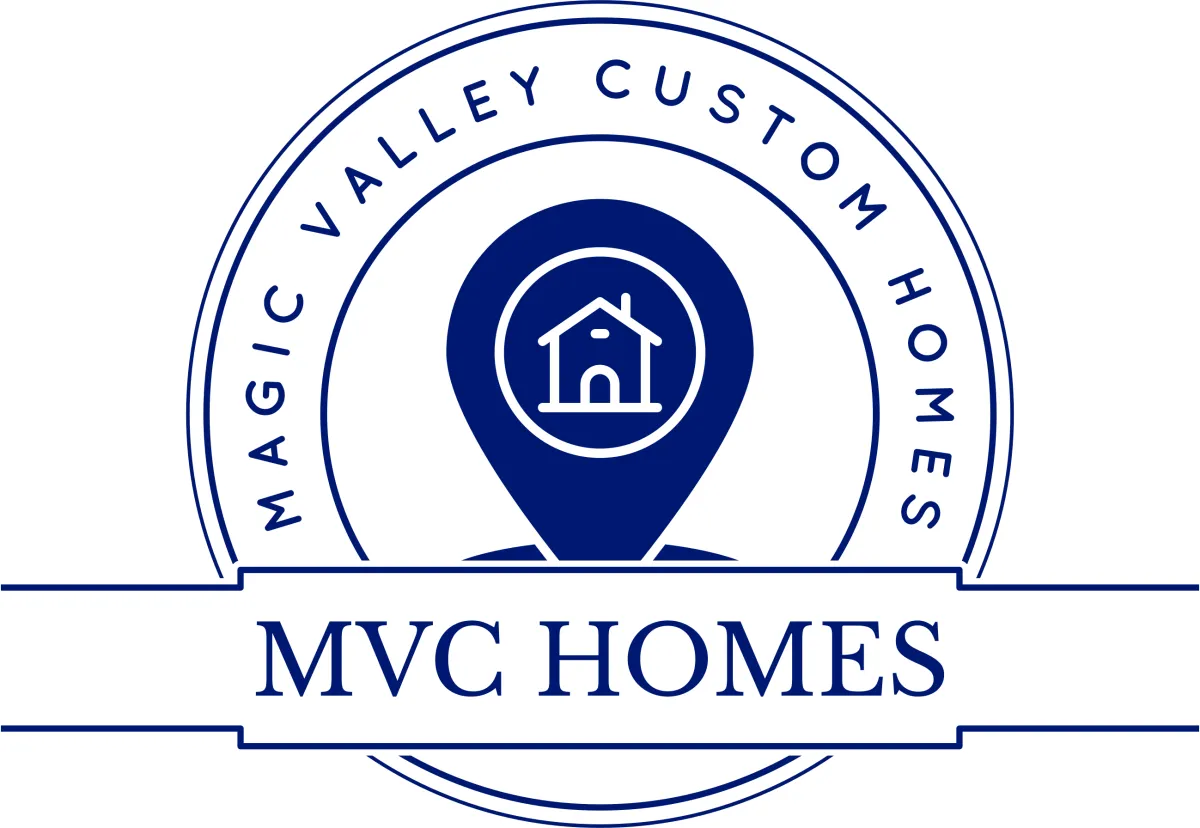Your Buyer
Resources
Building Better Lives With Better Homes!
Want To Be Prepared For Your Dream Home? Check Out Our Blog
Home Buying, Financing, Efficiency and Design

Frequently Asked Questions About Adjustable-Rate Mortgages (ARMs)
Adjustable-Rate Mortgage (ARM) Explained
An ARM, short for adjustable-rate mortgage, is a type of home loan characterized by a variable interest rate throughout the loan term. Unlike fixed-rate mortgages, an ARM begins with a fixed rate for an initial period and subsequently adjusts at predetermined intervals. This adjustment is typically influenced by a specific financial index and a margin set by the lender. The initial and adjustment periods can vary, ranging from 6 months to 10 years. For instance, a 7/6 ARM signifies that the interest rate remains fixed for the initial 7 years, after which it can adjust every 6 months based on the loan details. ARMs often feature lower initial interest rates compared to fixed-rate mortgages, making them appealing to buyers, especially in high-interest rate environments.
Qualifying for an Adjustable-Rate Mortgage (ARM)
To qualify for an adjustable-rate mortgage (ARM), similar criteria to that of a fixed-rate mortgage are considered by lenders. The evaluation includes assessing the buyer's financial stability, creditworthiness, and ability to repay the loan. However, specific differences arise based on the structure of the ARM.
For ARMs with initial periods extending to 6 years or more (e.g., a 7/6 or 10/6 ARM), borrowers can typically qualify at the note rate. The note rate represents the fixed interest rate established for the initial phase of the loan.
In the case of ARMs with initial periods of 5 years or less (e.g., a 1/6 or 5/6 ARM), borrowers often need to qualify at a rate 2% higher than the note rate. This adjustment accounts for the increased potential for interest rate fluctuations in ARMs with shorter fixed-rate periods. Lenders aim to ensure borrowers can comfortably manage potential rises in their monthly mortgage payments.
End of Adjustable-Rate Mortgage (ARM) Term
Upon the conclusion of the initial rate period, the interest rate on the ARM is recalculated. This recalibration is based on the prevailing financial index and the margin stipulated in the loan agreement. The outcome can be an increase, decrease, or no change in the interest rate. ARM loans commonly have constraints on how much the rate can fluctuate during an adjustment period and limits on the overall adjustment throughout the loan's lifespan. It is crucial to comprehend these aspects of an ARM loan to anticipate and understand potential changes in interest rates.
When interest rates decrease, is it possible to convert an ARM into a fixed-rate mortgage?
Certainly. ARMs do not impose prepayment penalties, allowing borrowers to pay off the loan or refinance at any time. This flexibility renders ARMs versatile and appealing to borrowers.
Why Choose an ARM as a Buyer?
Buyers often opt for ARMs due to the lower initial interest rate, translating to reduced payments in the initial phase of the loan. Moreover, the flexibility to refinance when lower market rates arise adds to the appeal.
Key Details to Consider in an ARM:
1. Qualifying rate for obtaining the loan.
2. Initial rate period before the first adjustment.
3. Index and margin determining the subsequent rate and payment.
4. Limits on rate adjustments in the adjustment period and over the loan's lifespan.
Current Popularity of ARMs:
In a market with rising interest rates, ARMs are popular among borrowers seeking affordable home payments. Recent increases in fixed-rate mortgages have contributed to the renewed popularity of ARMs.
Addressing Misconceptions about ARMs:
Contrary to misconceptions, ARMs can be advantageous. If a lower qualifying rate, an extended initial period matching homeownership plans, or potential improvements in personal finances are factors, ARMs offer flexibility. Choosing an ARM when rates are higher also presents the opportunity for future rate adjustments downward, reducing payments.
Where to Find More Information on ARMs and Other Loan Options:
For further information on ARMs and alternative loan options, explore reputable sources or consult with financial professionals to make informed decisions.
We provide innovative building solutions on time.
Office: 238w 300s,
Jerome, ID 83338
Call
Office: 877-546-2898
Email:william@mvchomes.com
Site: www.mvchomes.com






